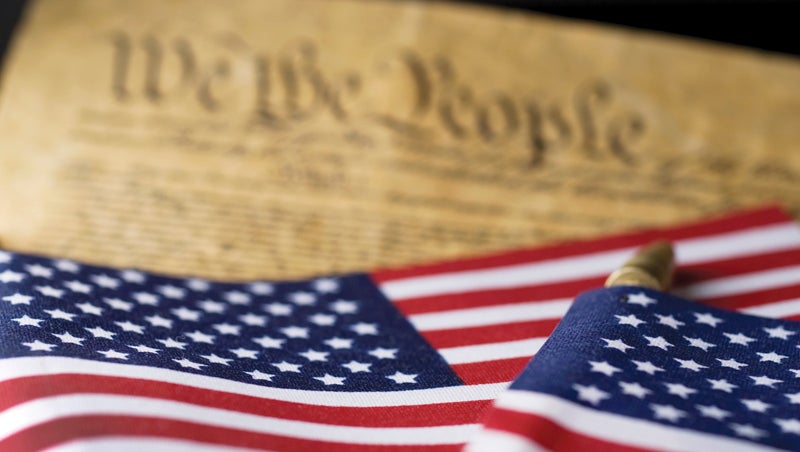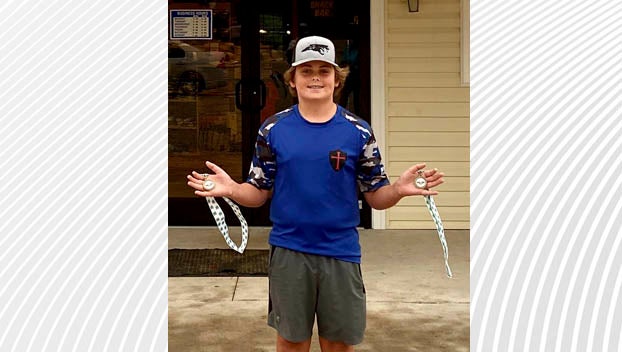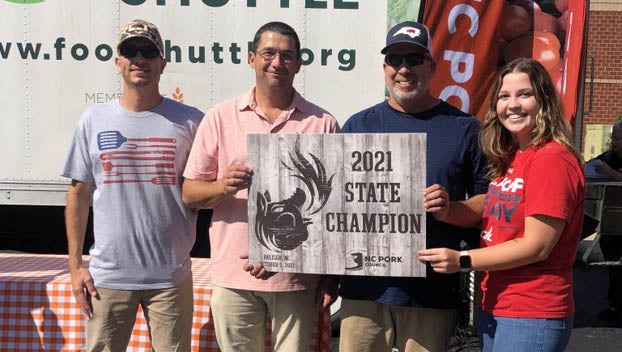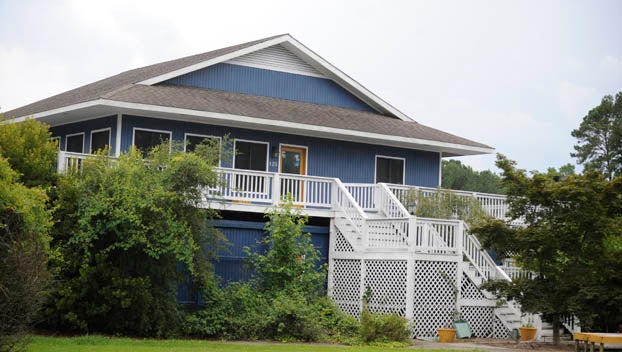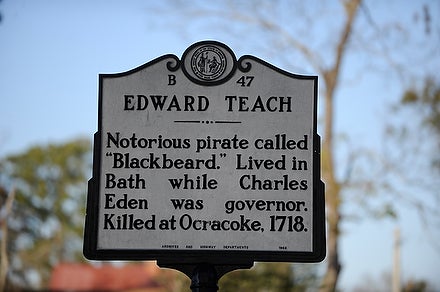Coronavirus as a constitutional crisis
Published 5:07 pm Tuesday, April 14, 2020
|
Getting your Trinity Audio player ready...
|
In recent weeks, new directives, guidelines and executive orders have been coming down from federal, state and local governments nationwide at a pace that could make most peoples’ heads spin, leaving local people and businesses struggling to adjust.
In some cases, these instances of government flexing its muscle have been met with criticism, skepticism and outright defiance. Good old fashion stubbornness aside, these actions have raised serious questions about the legality and constitutional basis of such actions. Just as so many aspects of the American system, this current crisis is also testing the Constitution. Consider the following:
- In banning mass gatherings, and then applying that ban to religious services, are governments violating Americans’ First Amendment rights to peaceful assembly and to worship according to their conscience?
- Does a sheriff’s office shutting down pistol permitting violate the Second Amendment rights of constituents to keep and bear arms?
- When courts are shut down, or proceedings are greatly reduced, does it violate one’s Sixth Amendment right to a speedy and public trial?
- Is it legal for a county or a municipality to completely restrict access to non-residents, even if those same people own property and pay taxes there?
- When a government denies a journalist’s request for public information, simply because they want to control a message, are they violating freedom of the press and open records laws?
- At the most fundamental level, do the actions of our governments limit North Carolinians’ inalienable rights to “life, liberty, the enjoyment of the fruits of their own labor, and the pursuit of happiness,” as enshrined in the first section of the state Constitution?
These are all valid questions, and in many cases, the answers will be determined in the courts, as lawsuits make these same challenges. While it seems clear that such actions are indeed being taken to protect public health, these questions still deserve answers, and freedom of speech is alive and well.
Americans are being asked during this epidemic to give up liberties for security. There is no question about that. In some cases, such as North Carolina’s stay-at-home order, that request has been made a mandate, fully enforceable by law enforcement if violated.
As Americans, each of us has a responsibility to be a constitutional watchdog. At the same time, as people, each of us has the responsibility to take reasonable actions to help slow the spread of this virus to our families, friends and fellow Americans. By our own sacrifices of staying home and keeping our distance from one another, there is no question that we are saving lives.
Though many of these government actions may be subject to legal, or even constitutional, scrutiny, no one can deny that they are being taken for an important reason — the protection of public health. Liberty comes with responsibility, and each one of us has a responsibility to do our part, whether it’s because of a government order or because of the echoes of our individual consciences.
If you’ve got some time for some light reading, consider flipping through the U.S. Constitution, the North Carolina Constitution and a piece of legislation called the N.C. Emergency Management Act of 2012. If you want to weigh in on how federal, state and local leaders are handling this crisis, go and vote in November.
As things go back to “normal,” be sure to keep asking the important questions about the power of our governments. But as you do so today, please don’t endanger yourself or others by taking reckless and selfish actions. Be smart, think critically and consider the health and safety of others.


